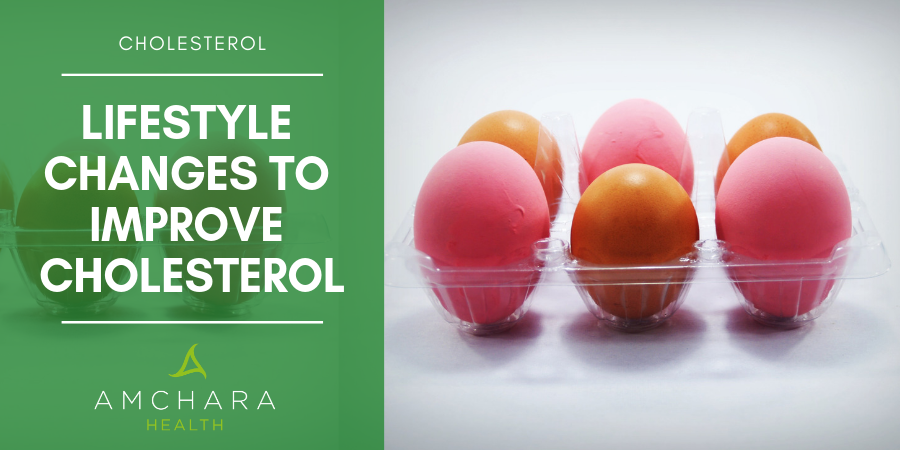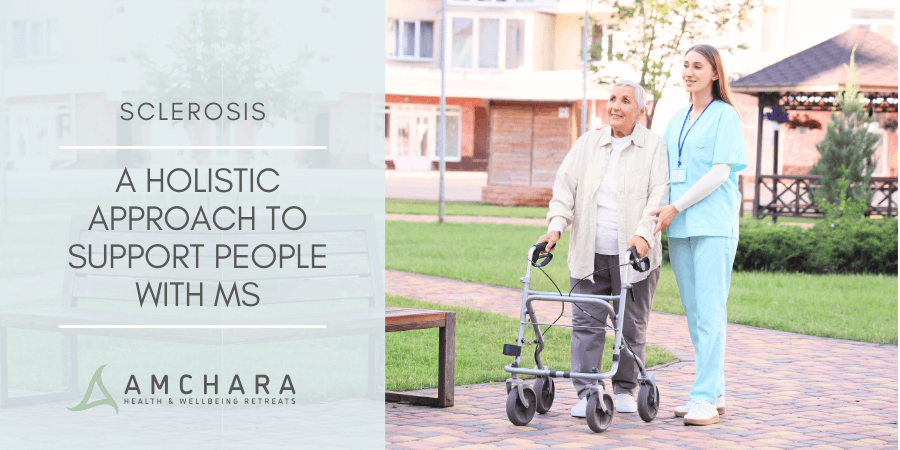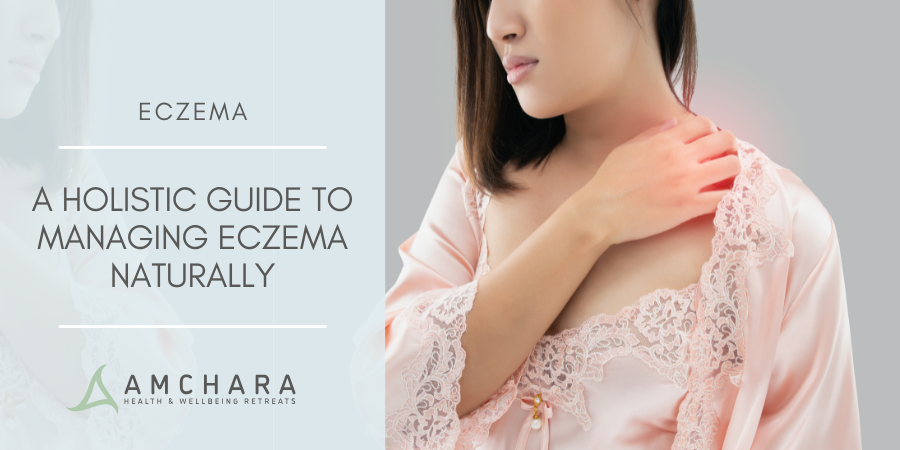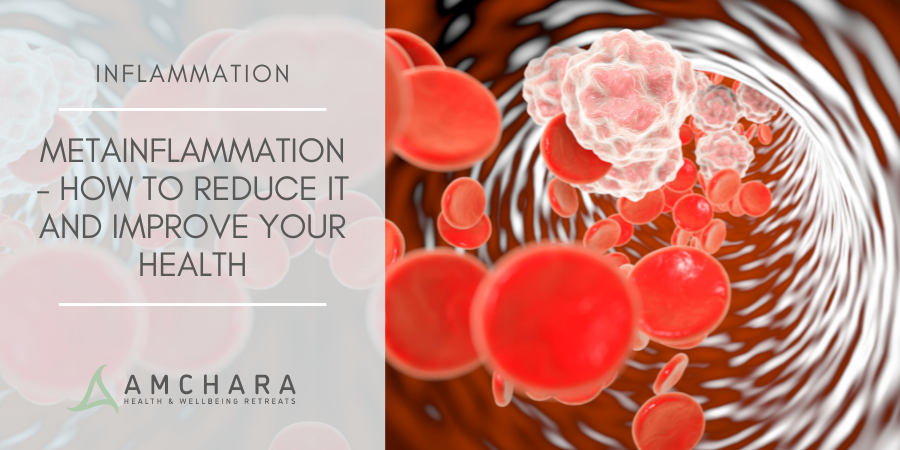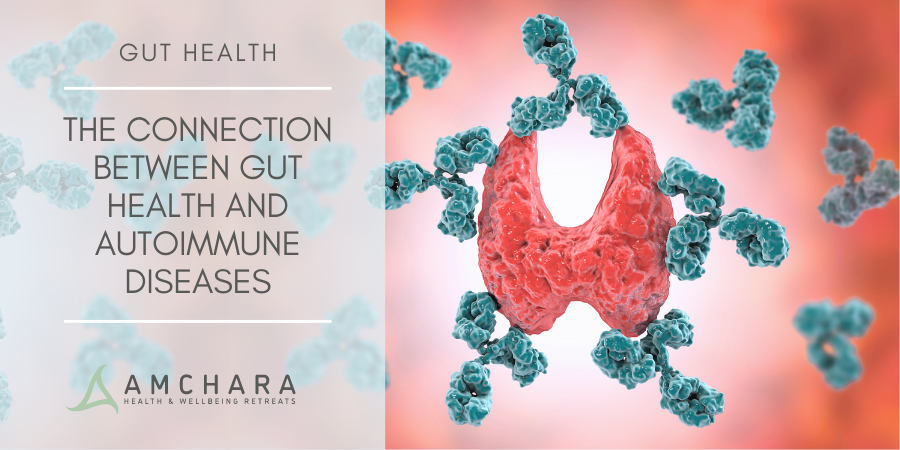Topics Covered in this article:
- What is Cholesterol?
- Cholesterol is Necessary
- Low Cholesterol is Not Good News
- Dietary Cholesterol is Fake News
- Too Much Cholesterol is Bad News
- How Cholesterol is Measured
- Negative Effects of Statin Drugs
- Natural Ways to Regulate Cholesterol
- Nutrition Choices for Healthy Cholesterol Levels
- Lifestyle Factors to Manage Cholesterol
- A Word About Plant Sterols
We hear all sorts of horror stories about cholesterol.
The causes of heart disease are complex, which has led to mixed messages in the media about the importance of cholesterol and it can be hard to find health advice that you can trust, particularly as the main media channels are typically dominated with a single, orthodox narrative.
Our mission is to provide you with both insightful information and evidence-based content and we aim to provide you with actionable knowledge and tips to help you on your journey to optimal health.
Remember that the advice given may not suit specific individual restrictions.
We hear that cholesterol comes from eggs and prawns and other cholesterol-rich foods, and the conventional approach has been to take medicine to reduce it to as low a level as possible.
In this article we’re going to bust these myths and others.
What is Cholesterol?
A fatty substance, cholesterol can’t dissolve in water.
To be transported around the body it piggybacks on molecules called lipoproteins.
These molecules also carry fat and fat-soluble vitamins around in the bloodstream.
When people talk about cholesterol they’re generally talking about the lipoprotein that carries it around.
There are several different types of lipoprotein to which cholesterol can attach itself.
We often hear about high density and low density lipoproteins (HDL and LDL) which basically refers to their size. 60% – 70% of our lipoproteins are LDL.
When cholesterol is produced by the liver, it is attached to something called very low density lipoprotein (VLDL). As VLDL delivers fat to body cells it changes into LDL which carries cholesterol wherever it’s needed.
High density lipoprotein (HDL) has the job of carrying unused cholesterol away from body cells and blood vessel walls and back to the liver to be processed.
The type of lipoprotein cholesterol is attached determines its effect on our health.
Research indicates high levels of low-density lipoprotein (LDL) are linked to cholesterol being deposited in blood vessel walls.
This in time narrows and stiffens the arteries and is connected with a higher risk of strokes and heart attacks.
High levels of HDL are not connected with increased cardiovascular risk.
Some researchers believe it may keep levels of LDL from climbing too high.
This has led to HDL being termed ‘good’ cholesterol and LDL ‘bad’ cholesterol.
However, the real concern appears to be LDL cholesterol which has been oxidised because of the action of free radicals, reactive molecules produced during normal metabolism.
Oxidised cholesterol tends to collect in blood vessel plaques.
Interestingly, oxidised LDL rockets in patients following a heart attack, making researchers believe it’s liberated from plaques at this time.
Oxidised LDL is eventually disposed of in the liver.
This suggests good liver health and a high intake of dietary antioxidants would both be crucial in reducing our oxidised LDL levels.
Cholesterol is Necessary
Remember cholesterol is made in your liver.
We could ask why the body would make something so damaging?
The fact is cholesterol has many important functions in the body.
It’s found in our cell membranes where it helps keep them flexible.
It’s also the starting point from which we make hormones like cortisone, a metabolite (product of metabolic action) of cortisol, as well as being needed to make Vitamin D.
It’s also used to make bile which is essential for fat digestion.
Low Cholesterol is Not Good News
Driving down cholesterol levels at any cost is not a good strategy, as low levels can negatively affect mental health.
Low cholesterol has also been linked with autism, as well as suicidal behaviour, bipolar disease and Parkinson’s disease (1).
One study found otherwise healthy women with low cholesterol were more likely to experience depression and anxiety (2).
This could be related to cholesterol’s role in making sex hormones, or due to its effect on vitamin D levels.
Low levels of vitamin D have been linked with anxiety.
Pregnant women with low cholesterol have an increased risk of premature delivery or low birth rate babies.
Dietary Cholesterol is Fake News
Even though for years we’ve been told dietary cholesterol raises our body’s cholesterol levels and we should avoid it, in fact the amount of cholesterol we eat has only a small effect on levels in the body.
This is because in the majority of people, the liver alters the amount of cholesterol it makes according to how much is in your diet.
The myth resulted from an early study which fed cholesterol to rabbits, who wouldn’t normally have it as part of their diet.
More recent research has disproved the idea that eating more cholesterol raises our own levels.
One study gave people extra cholesterol in the form of eggs.
Their blood levels did not increase, nor did they have higher levels than people eating less cholesterol (3).
There is an exception to this, however. In around a quarter of us high cholesterol foods do cause a rise in blood levels.
This is determined by our genes.
But, for these people, the rise in cholesterol doesn’t appear to increase their risk of heart disease.
Too Much Cholesterol is Bad News
Excess cholesterol, or having it where it shouldn’t be, is indisputably a health risk.
Even though your body needs cholesterol, too much can build up and form plaque on artery walls.
Some scientists believe it’s this high cholesterol which is one of the causes of heart disease.
This is called the lipid hypothesis.
Others maintain high cholesterol is a symptom of inflammation, and that what is causing the inflammation is the actual cause of heart disease.
This is called the inflammation hypothesis. This theory believes high levels of inflammation lead to lesions on arterial walls.
The body reacts by sending LDL to heal those lesions, but it can accumulate and oxidise.
According to this theory, elevated LDL is a symptom of cardiovascular disease rather than the cause.
This could mean that the current emphasis on lowering LDL is missing the true cause of heart disease.
How Cholesterol is Measured
If you go to your GP for a test, you may be given a measure for total cholesterol.
This is pretty meaningless unless you know how much of this is made up of LDL and how much is HDL. It’s the ratio between HDL and LDL which is important.
Nowadays however more and more GPs will routinely tell you the relative level of HDL and LDL. If not, ask for it.
According to the US National Cholesterol Education Programme, the recommended ratio of LDL to HDL is around 2:1 (4).
According to Dr Axe, total cholesterol should be less than 200 mg/dl, LDL should be below 129mg/dl, and HDL should be greater than 60 mg/dl.
Negative Effects of Statin Drugs
Taking statin medication appears to reduce oxidised LDL in plaques but increase it in the blood, according to researchers (5).
Statin drugs are known to reduce levels of Co-Enzyme Q10, which is essential for energy production throughout the body.
Adverse side effects can include muscle pain and weakness, memory loss, as well as elevated liver enzymes which can indicate inflammation in the liver.
Natural Ways to Regulate Cholesterol
Several dietary and lifestyle choices can help to naturally regulate our cholesterol levels.
Nutrition Choices for Healthy Cholesterol Levels
Although dietary cholesterol has little effect on blood levels, other foods in your diet can increase or decrease it.
Even though high fat diets have been traditionally blamed for heart disease, a recent analysis of long term nutrition and health studies have shown diets which are high in sugar and processed carbohydrates lead to increased incidence of heart disease than high fat diets, according to Dr Weil.
A review of research concluded caffeine-containing drinks can increase cholesterol.
Switch to barley coffee or herbal teas instead.
Or try green tea, which although it contains some caffeine, also contains antioxidants called catechins which have been linked to lower levels of total and LDL cholesterol (6).
- Increase Monounsaturated Fats
These are a type of unsaturated fat.
The most well known of these are coconut oil and olive oil, but they’re also found in almonds, walnuts, pecans, hazelnuts and cashews and avocados.
One study showed eating a diet high in monounsaturated fat increased beneficial HDL by over 12%.
This type of fat may also reduce the oxidation of lipoproteins.
We already know from research eating nuts and consuming extra virgin olive oil is associated with lower LDL and total cholesterol levels.
These types of fats have been shown to reduce LDL cholesterol levels and so decrease the risk of heart disease.
They can also control inflammation.
Researchers looked at over 15,000 adults and discovered omega-3 fatty acids reduced the risk of mortality from heart disease (7).
Omega-3 fatty acids are found in oily fish like wild-caught salmon, mackerel and sardines, as well as walnuts and flaxseeds.
- Avoid Trans Fats
Most of us know trans fats are something to be avoided, but do we know why?
Trans fats are unsaturated fats which have undergone a chemical process known as hydrogenation.
This makes the fats more stable as well as solid at room temperature.
They’re used as ingredients in many margarines, spreads, pastries and biscuits.
Unfortunately, it’s now evident trans fats not only increase LDL cholesterol, but can also decrease HDL by up to 20%.
The World Health Organisation has warned trans fats kill up to half a million people worldwide every year.
It wants to ensure all food is free of trans fats by 2023.
Since 2007, UK food companies been legally obliged to declare trans fats on product labels, but the UK government has resisted pressure to ban trans fats.
If a product lists ‘partially hydrogenated’ oil in its ingredients, it will contain trans fats.
We ourselves can’t digest the fibre in food, a certain type of fibre known as soluble fibre – the type of fibre which absorbs water – provides a food source for the beneficial bacteria living in your intestines. A healthy bacterial balance is associated with higher HDL levels.
Good sources of soluble fibre include oats, beans, peas and lentils, fruit such as apples, prunes and berries, as well as flax seeds and chia seeds.
In general, whole grains are associated with lower levels of LDL cholesterol.
However, gluten grains can increase inflammation, so opt for gluten-free grains like buckwheat, quinoa (which is actually a seed) and brown rice.
Why not start the day with a bowl of oat or quinoa porridge with flax seeds and some berries?
Add a sprinkle of walnuts for omega-3 fats. Or how about chia pudding?
- Use More Turmeric and Garlic
Turmeric contains the ingredient curcumin, which we know can reduce levels of total and LDL cholesterol (8), while one research review concluded eating garlic for at least two months can lower cholesterol levels.
Lifestyle Factors to Manage Cholesterol
Exercise has been found to reduce LDL and increase HDL levels.
In one study, a combination of aerobic and resistance exercise on three days per week reduced oxidized LDL levels after 3 months (9).
Experts recommend 30 minutes of activity five days a week to improve cholesterol levels and reduce your risk of heart disease.
How about cycling to work, taking a daily walk in your lunch hour or enrolling in a dance class?
Finding exercise you enjoy makes it more likely you’ll stick to it.
- Quit Smoking
Smoking appears to alter the way the body handles cholesterol.
Tar from tobacco reduces the body’s ability to release cholesterol from blood vessel walls so it can be transported to the liver to be destroyed.
Recent research suggests oxidised LDL is higher in people with gum disease or gingivitis (10), which may explain the findings that cardiovascular disease is more prevalent in people suffering from gum disease.
Coenzyme Q10 (CoQ10) has been found to be beneficial in gum disease.
Many people with periodontal disease have low levels of CoQ10.
It’s a substance similar to a vitamin, but we do produce some CoQ10 naturally.
It’s also a powerful antioxidant and can benefit heart health by protecting LDL cholesterol from oxidation.
Don’t forget CoQ10 will be depleted if you take statins for high cholesterol.
Many people find the ancient Ayurvedic practice of oil pulling – literally, swishing some oil around your mouth for a period of time before spitting it out – can lead to improved oral health.
Coconut oil is particularly useful since it is a natural antimicrobial. See how to do oil pulling here.
A Word About Plant Sterols
Plant sterols are types of cholesterol produced by plants.
When we consume them they appear to reduce blood cholesterol levels because they compete with our own dietary cholesterol for absorption.
Research has found consuming plant sterols reduced LDL by up to 20%.
This has led to food manufacturers adding plant sterols to all kinds of foods.
However, plant sterols have not been shown to increase HDL or to reduce the likelihood of developing heart disease.
Summary
Research on the link between cholesterol and heart disease is still ongoing, and it seems at present we don’t fully understand this complex relationship.
Rather than focussing on cholesterol, it may be useful to take a whole body approach.
By eating a nourishing diet and understanding the impact of your lifestyle and genetics on your cardiovascular health, inflammation and oxidative stress on your body can be reduced.
Did you find this article useful?
Do you have any tips to help naturally control cholesterol levels?
We’d love to hear your thoughts, get in touch!
Take the first step towards your own Change for Good with a personalised consultation with an Amchara practitioner.
READ NEXT:
